Description
This version of Approaching Perfect Swimming: Optimal Technique Science includes over 150 pages in each of two ebooks that details the science of optimal technique.
PART I
- Introduction – The scientific justification of optimal technique, as well as terminology (four chapters)
- Part One – Mechanical Principles (thirteen chapters)
- Part Two – Frames of Reference (three chapters)
- Part Three – Base of Support (six chapters)
PART II
- Part One – Components of Swimming Velocity (four chapters)
- Part Two – Arm Stroke Cycle Phases (five chapters)
- Part Three – Stroke Coordination (four chapters)
- Part Four – Intracycle Hand Force Variations (five chapters)
- Part Five – Drag Equation Variables (four chapters)
- Part Six – Performance Trade-Offs (three chapters)
- Part Seven – Physical Attributes of Swimmers (three chapters)
These books were prompted, in part, by the many misconceptions about freestyle technique, some of which have become “conventional wisdom.” For example, ineffective arm synchronization (like catch-up stroke), counterproductive drills (like one arm freestyle), and nonscientific analysis procedures (like adopting a technique element of a champion only because he/she swims fast) have contributed to the proliferation of misconceptions. In contrast, all the technique elements presented in this book are based on principles of physics and decades of research, including thousands of trials using Aquanex (the patented force-measurement technology developed by Swimming Technology Research).
These books are based on more than 30 years of research and supported by specific experience in coaching (from age group to college level), consulting with domestic and international swim teams, and the author’s work with individual swimmers at every performance level (from beginners to world record holders).

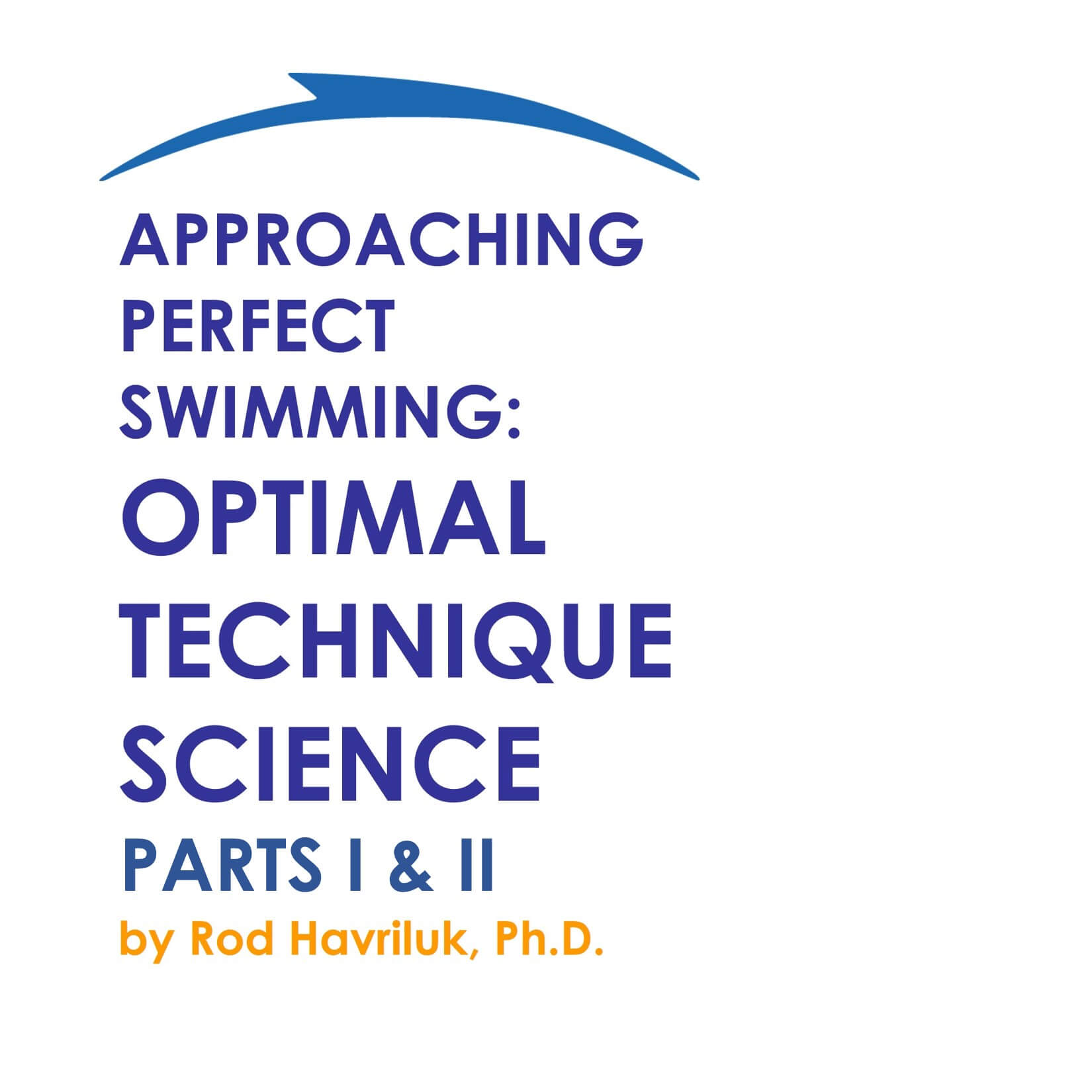
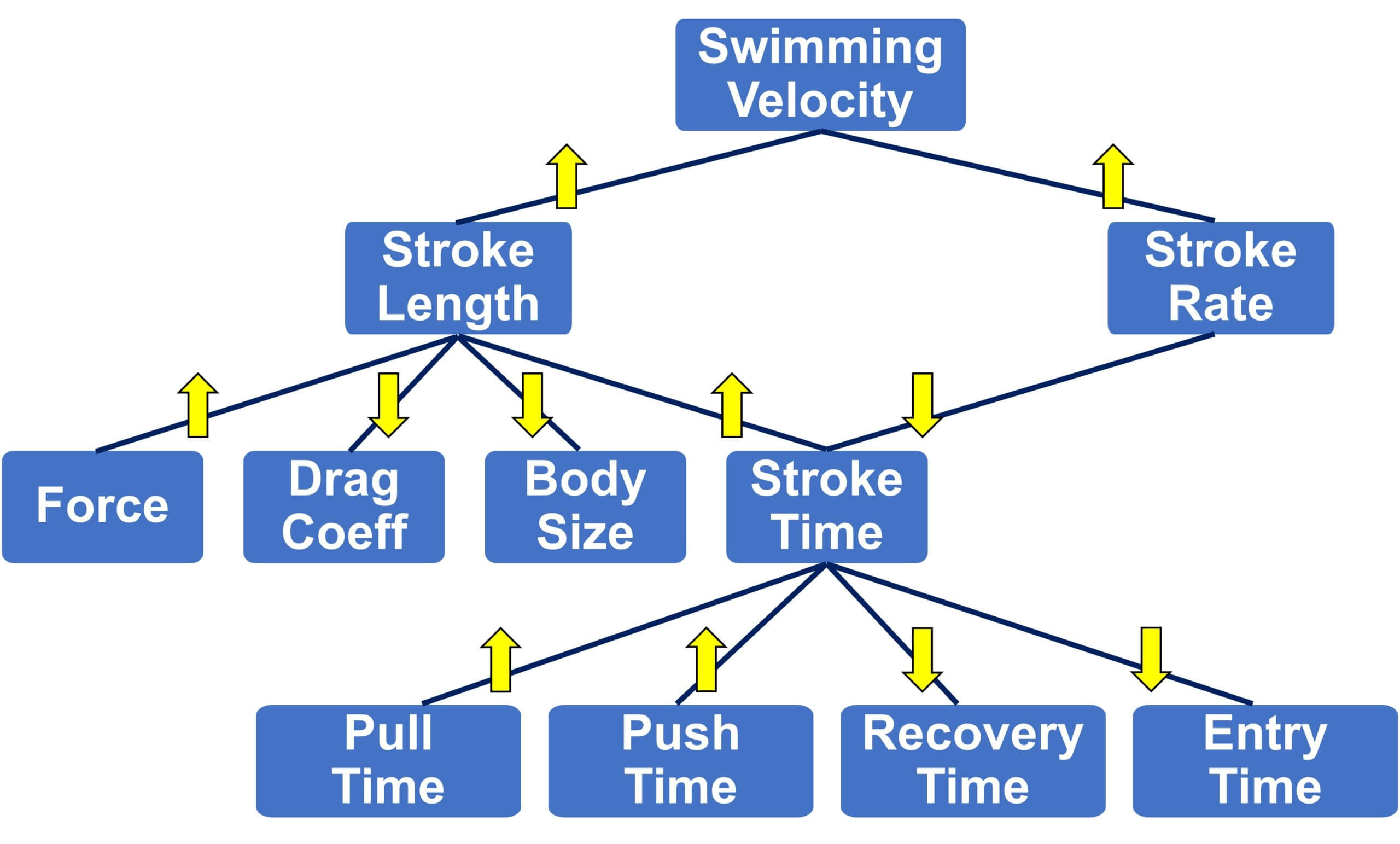
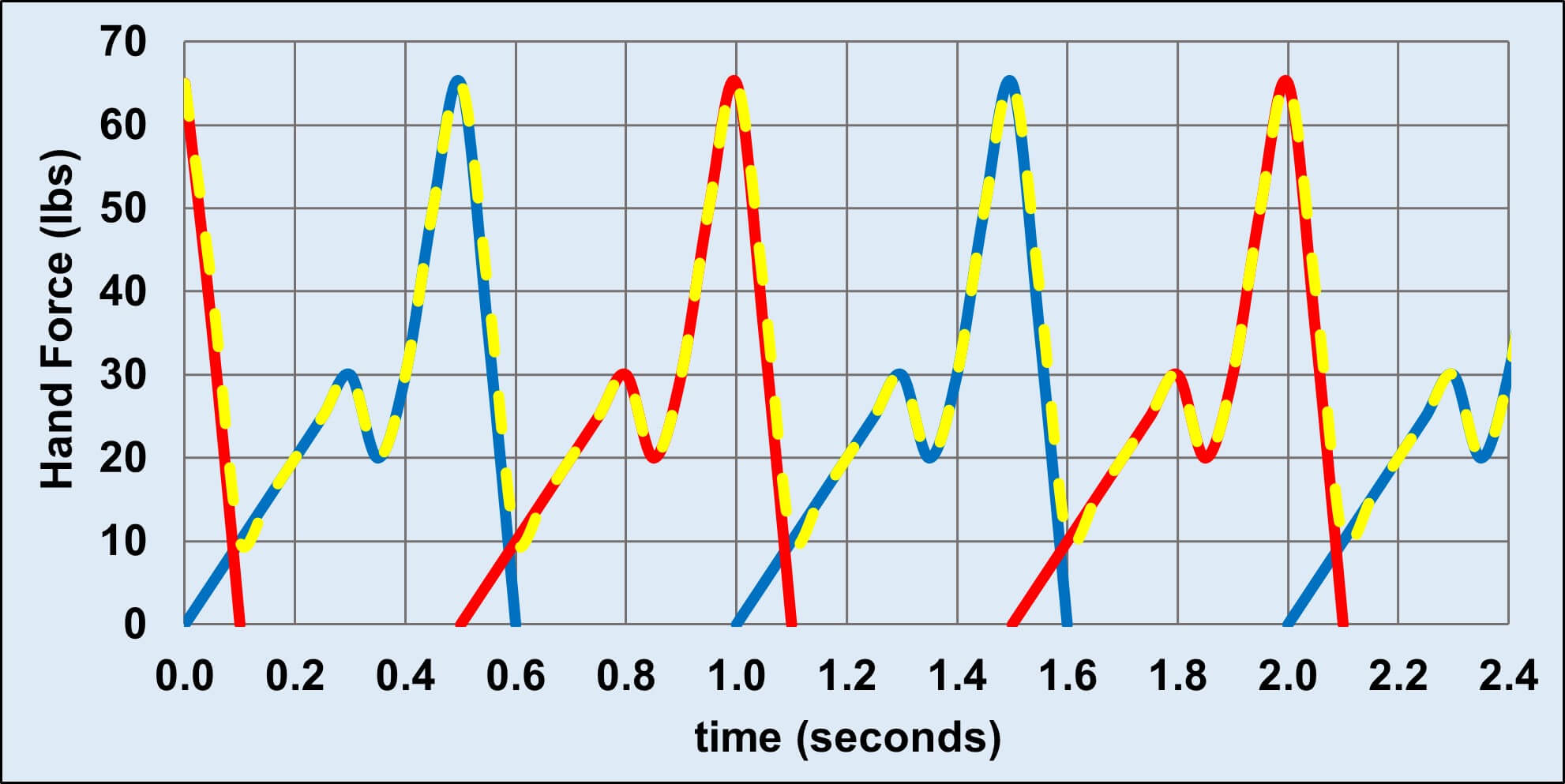
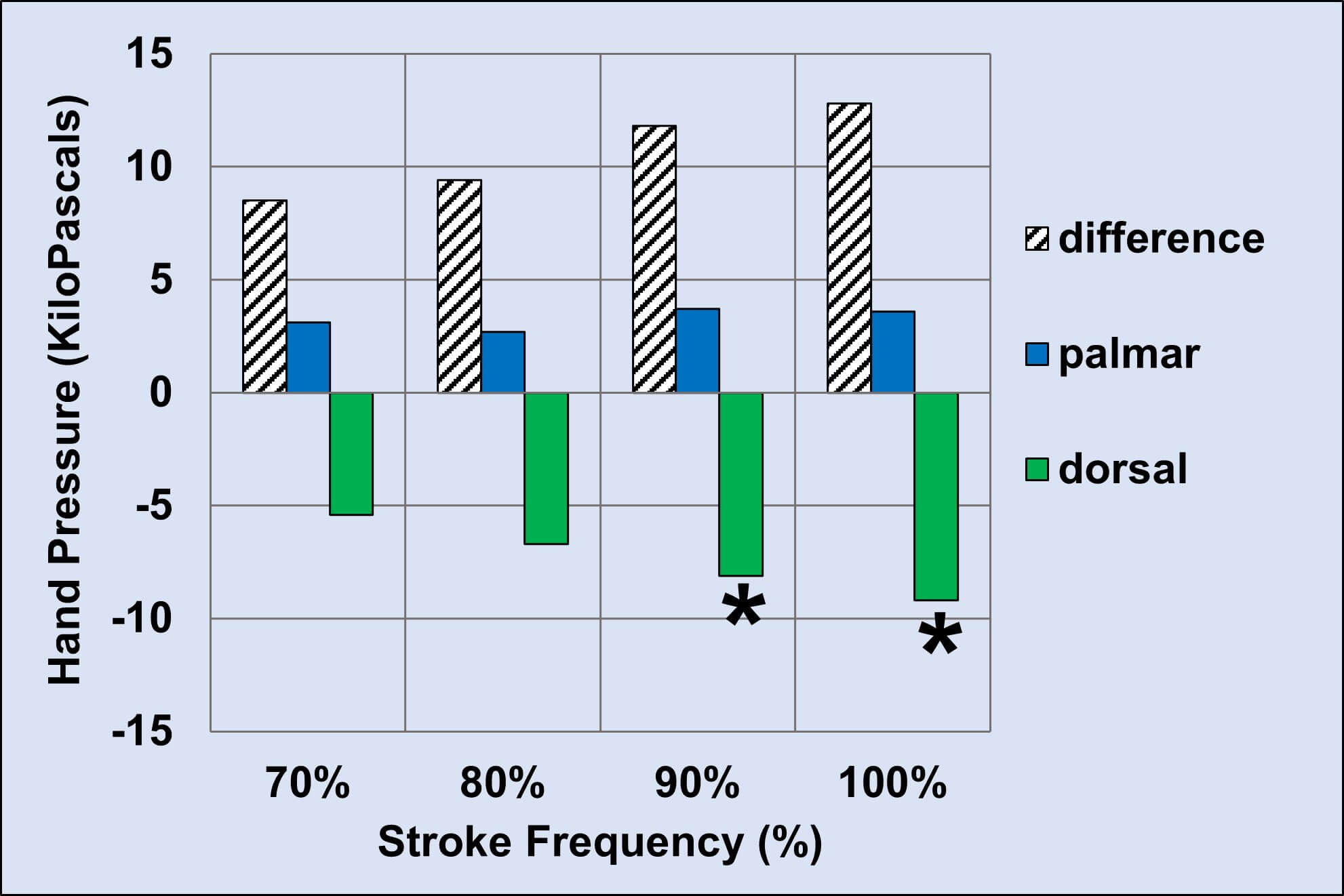
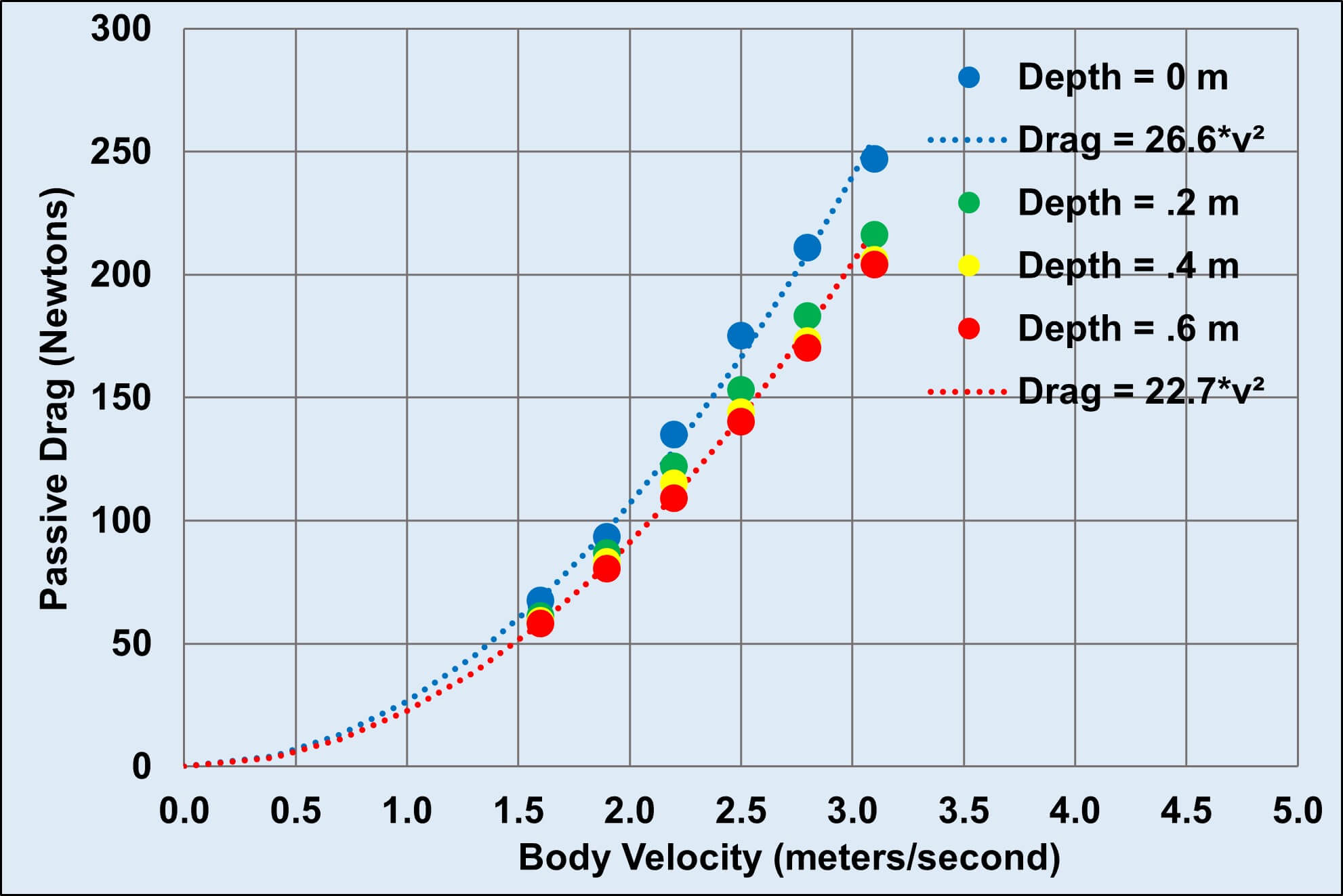
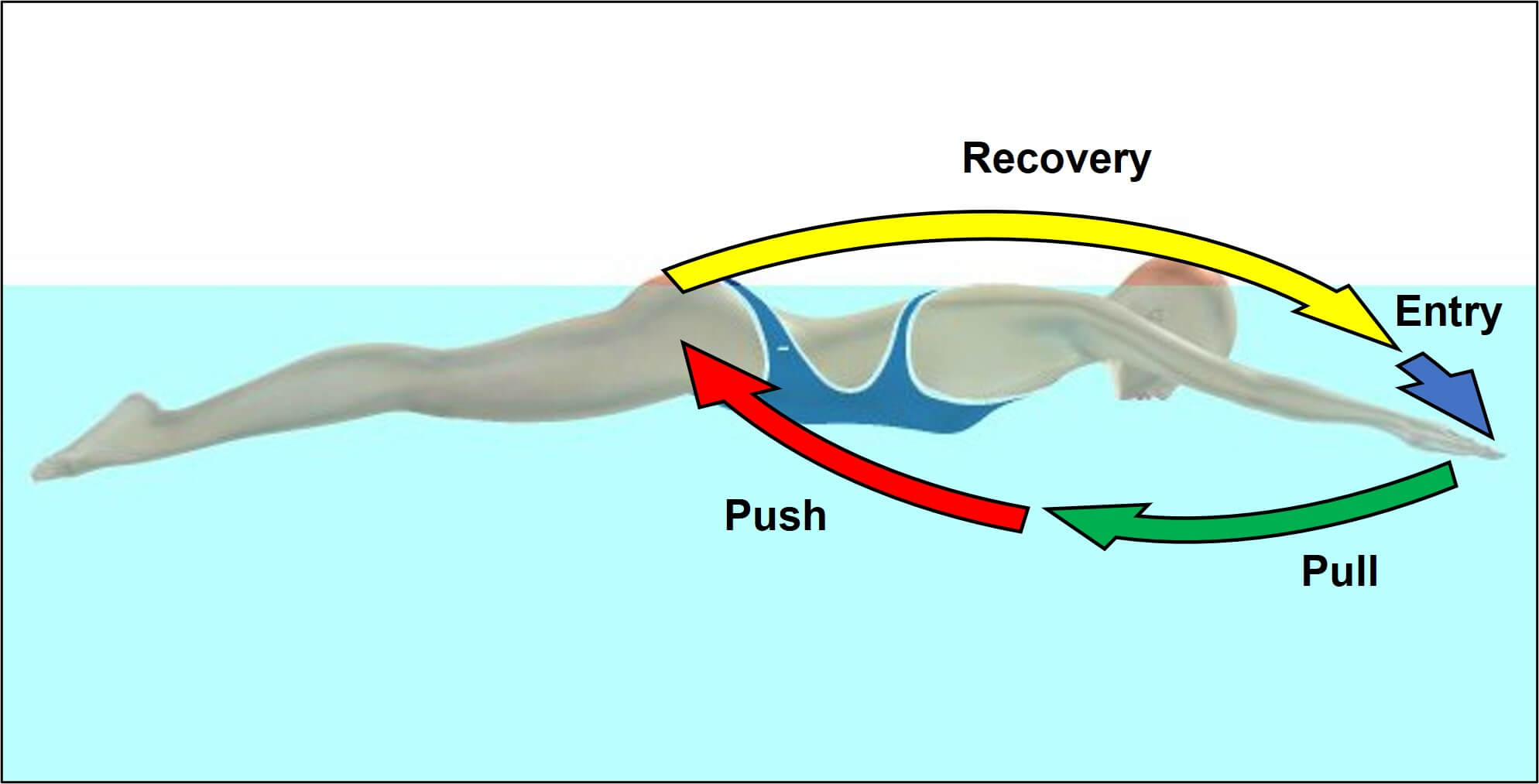
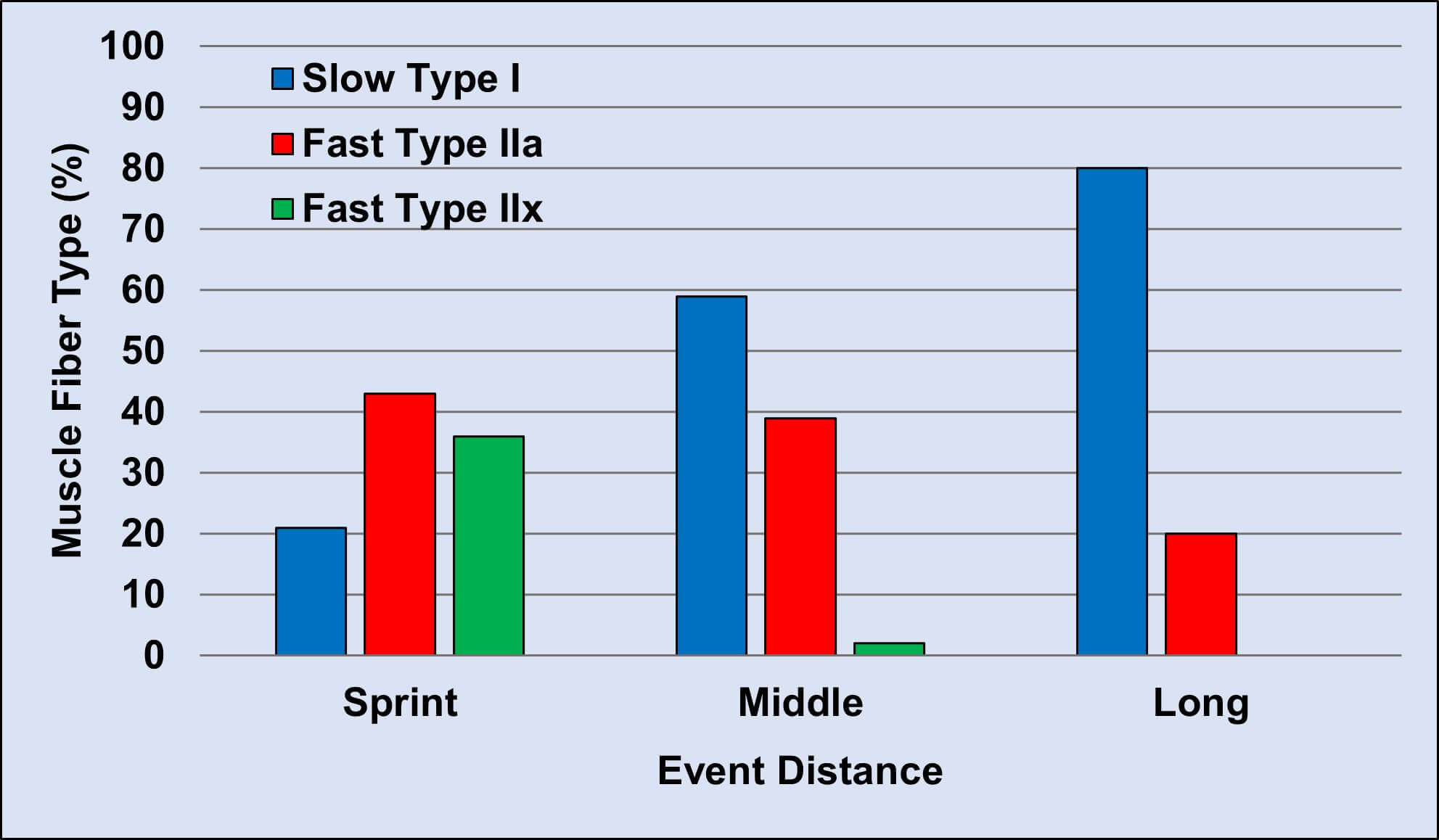
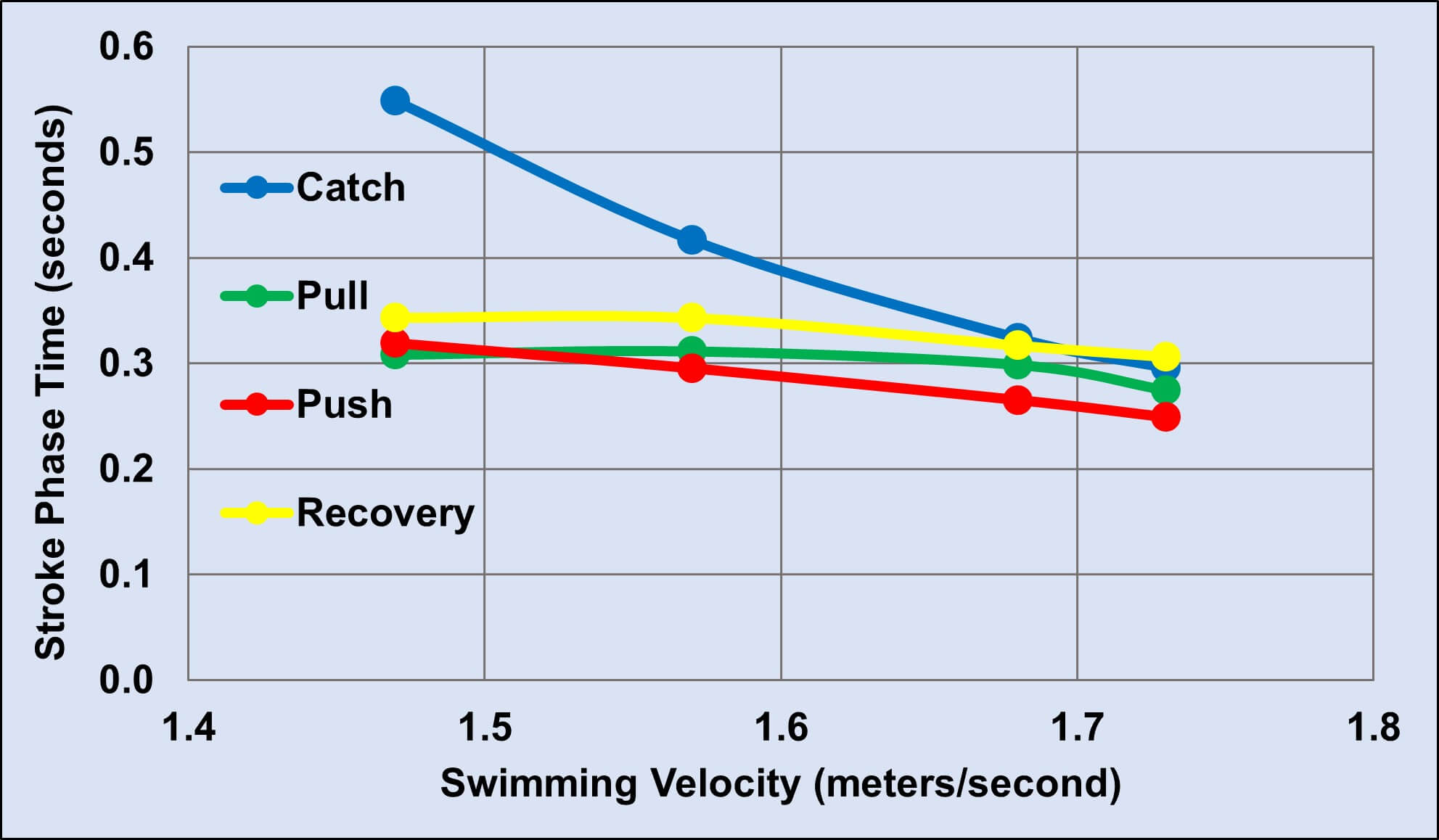
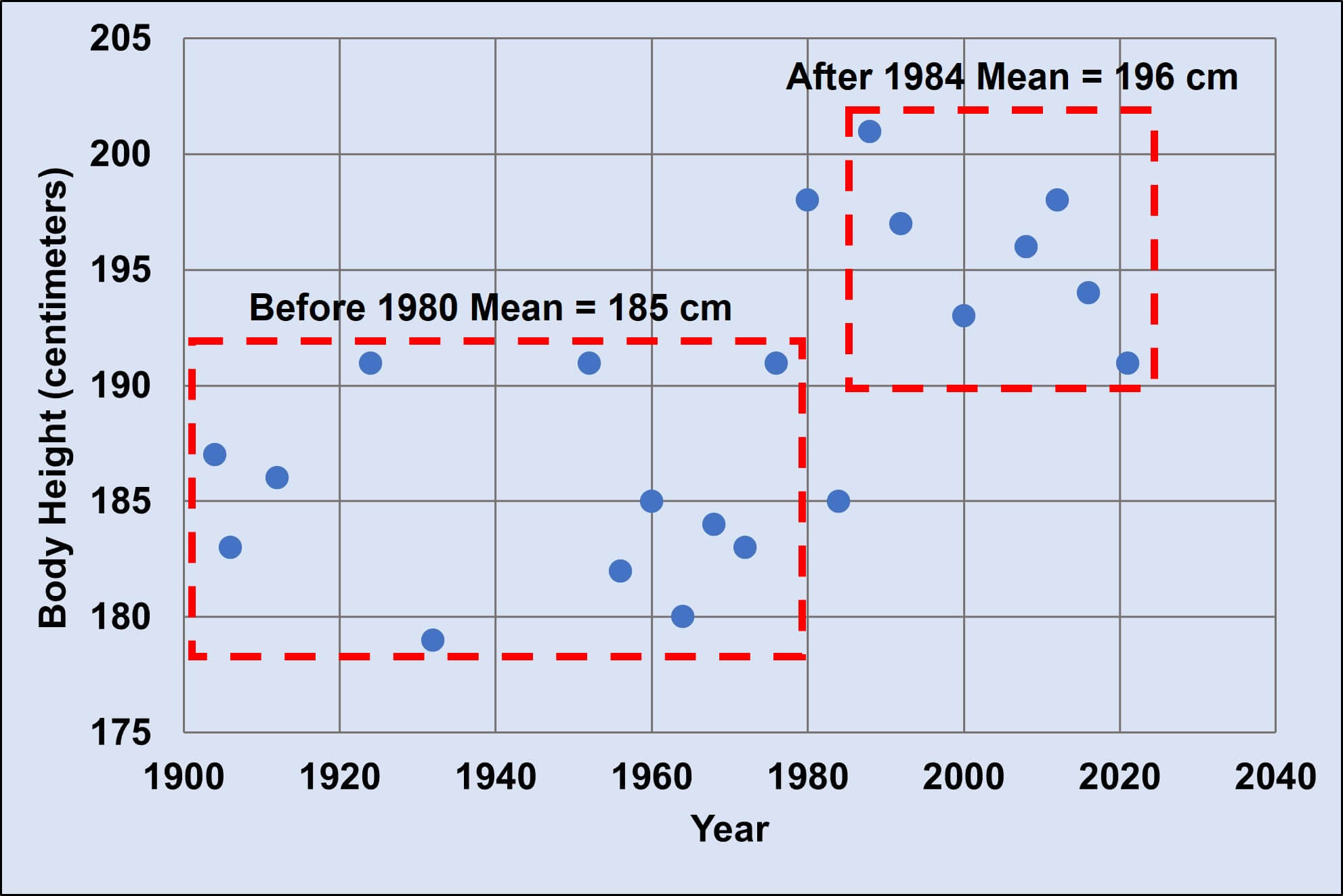
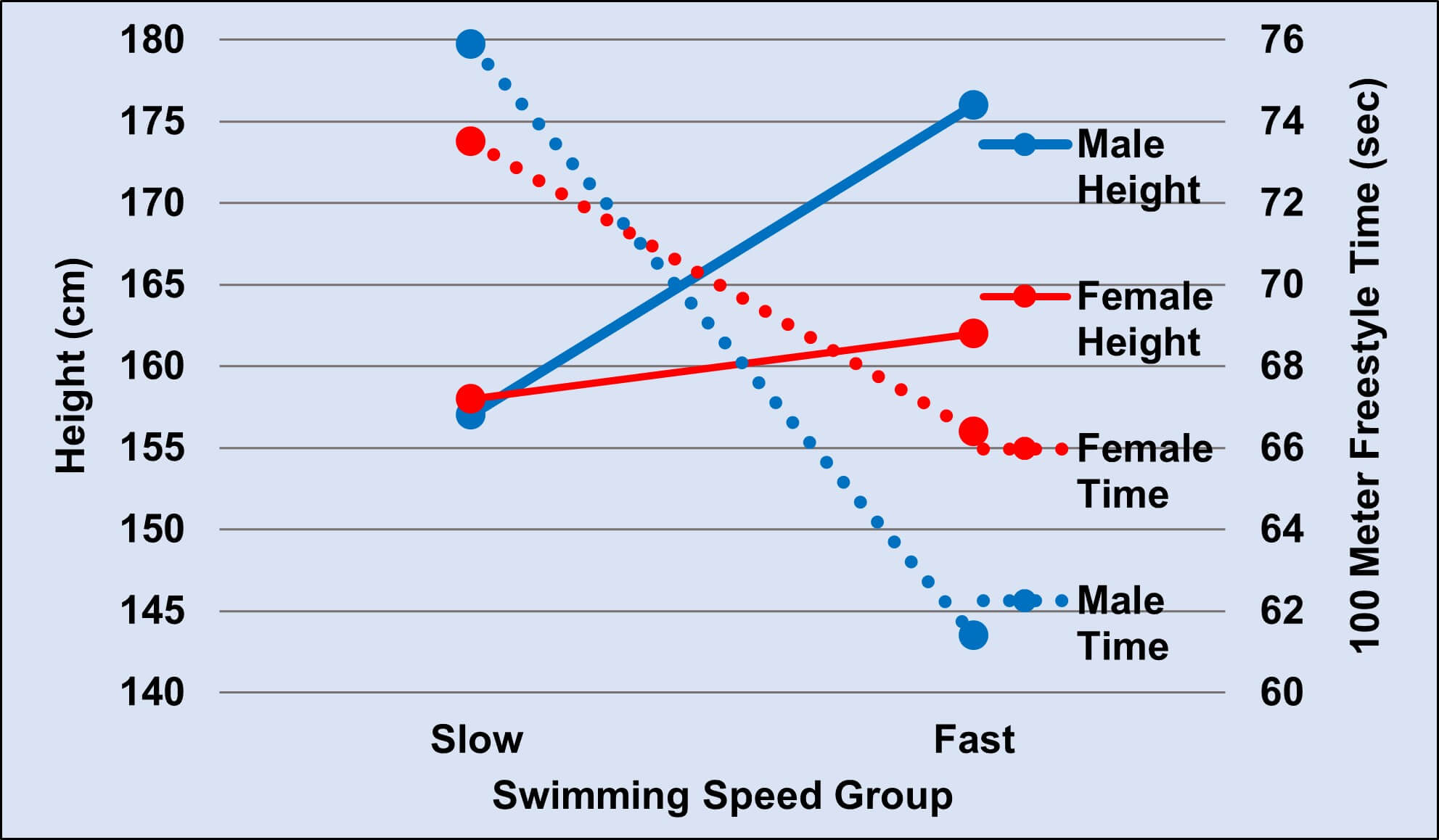
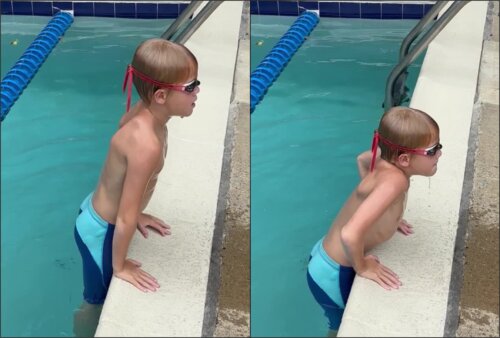
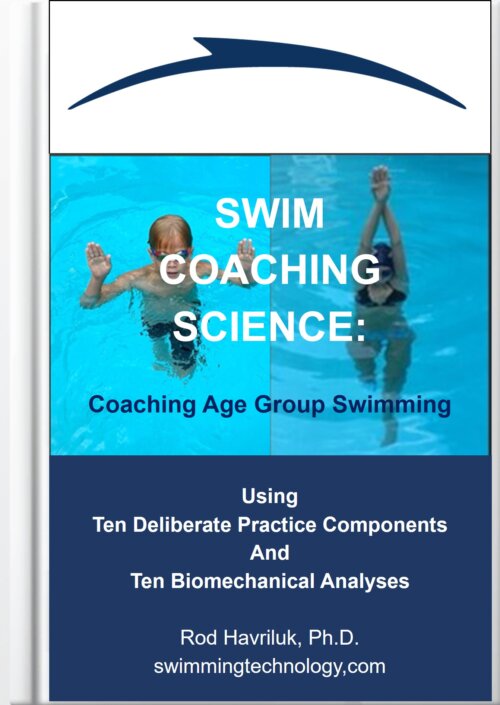
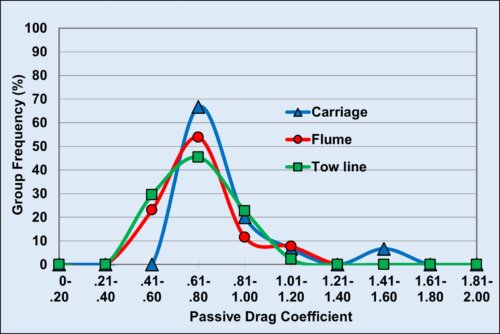
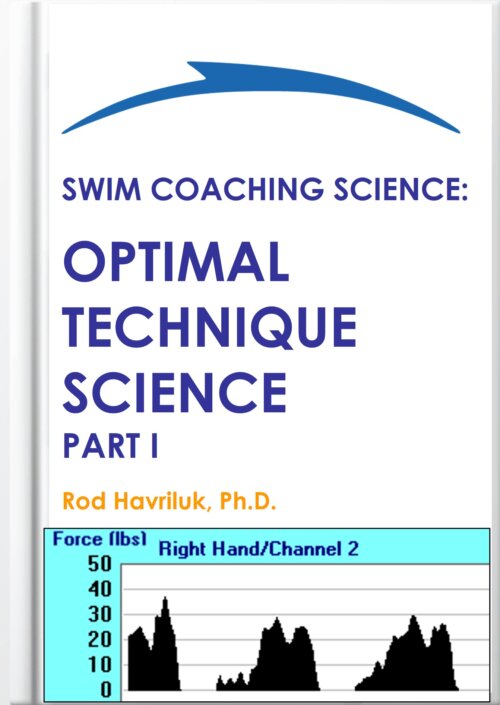
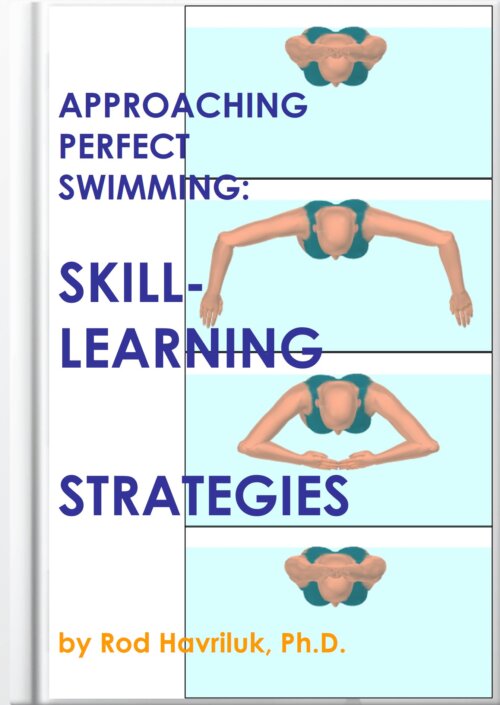
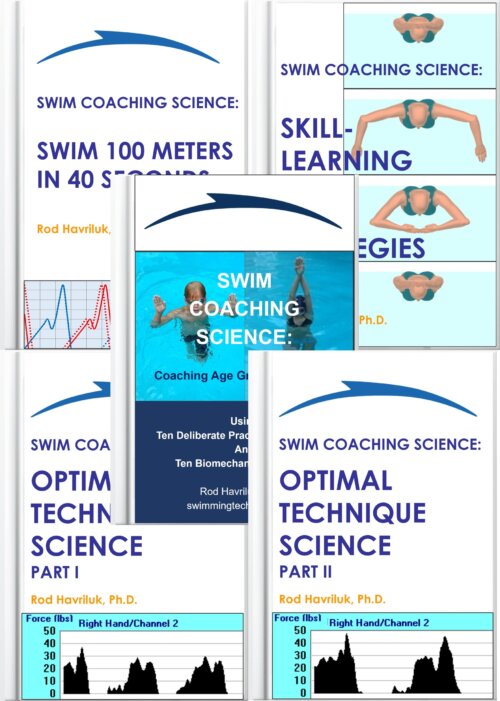
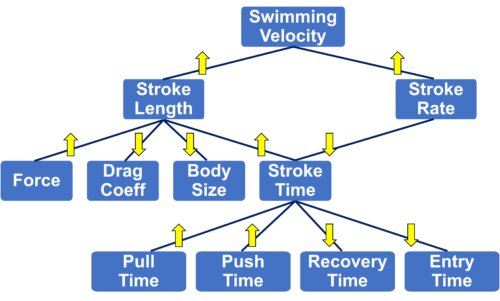
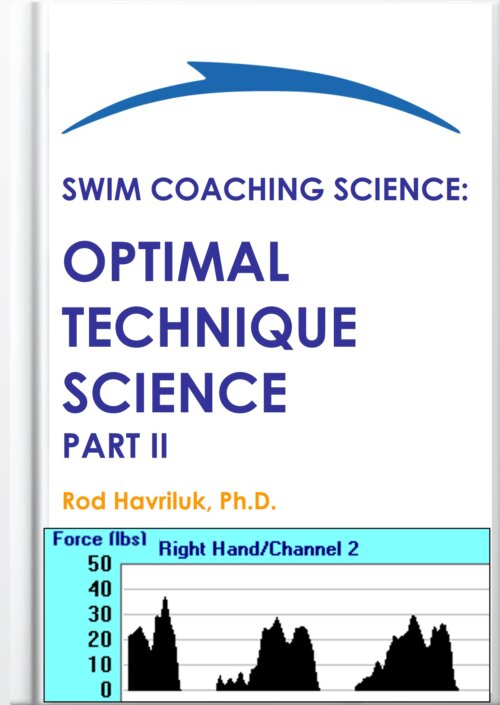
Reviews
There are no reviews yet.